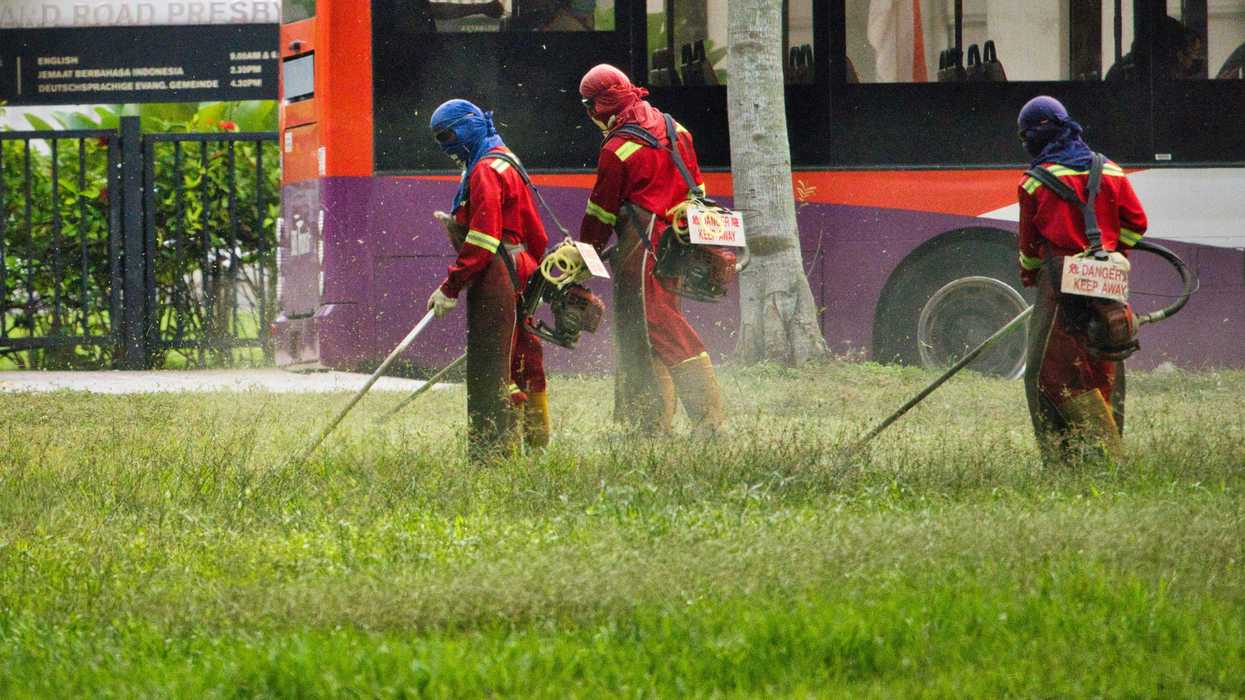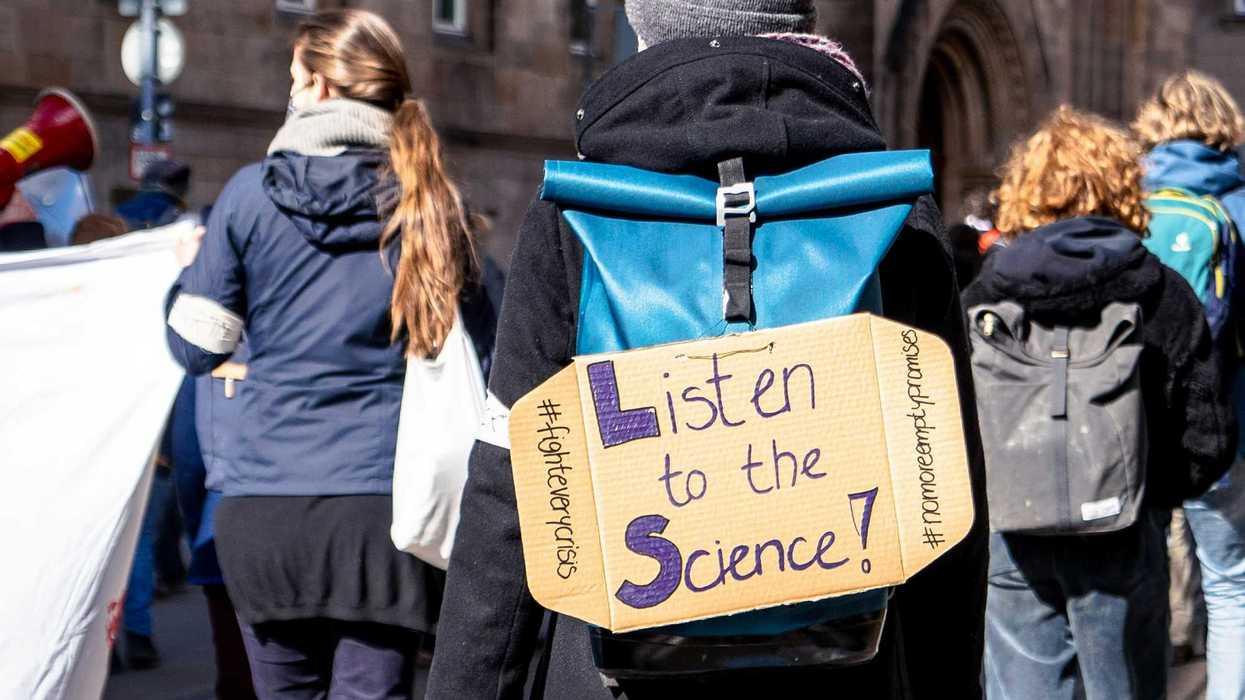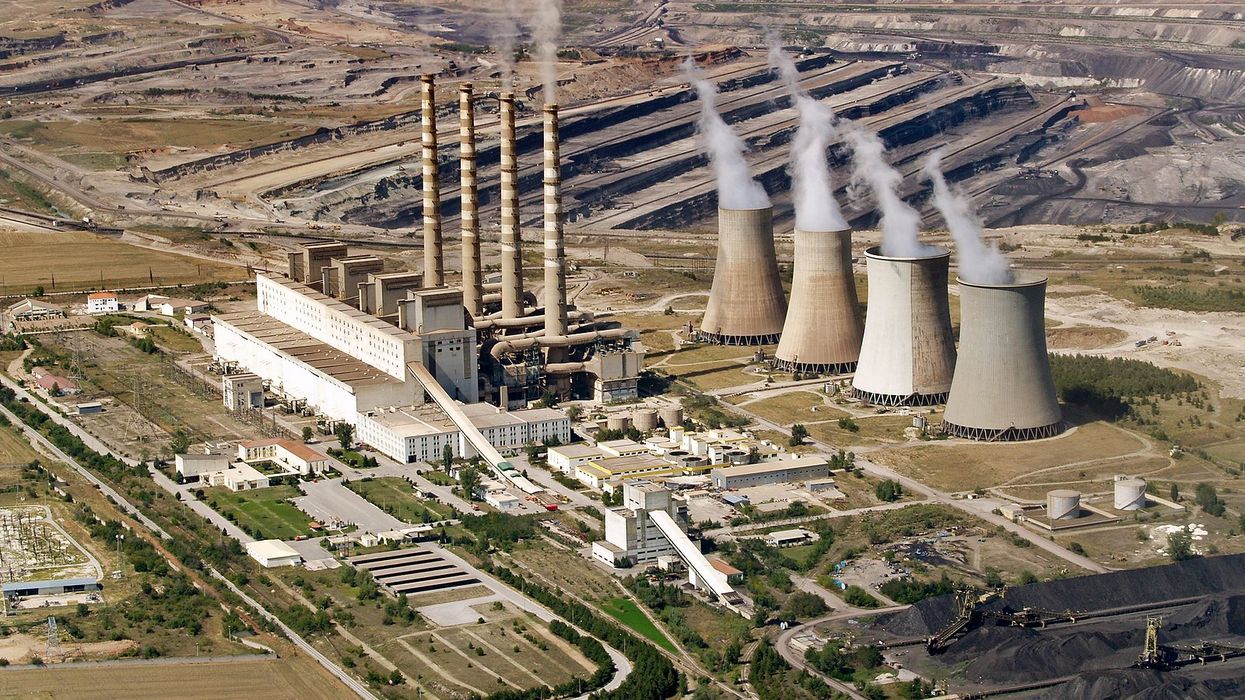Air pollution disproportionately affects marginalized communities in India, posing severe health and environmental risks.
Deepa Padmanaban reports for Eos.
In short:
- Socially disadvantaged communities in India, particularly lower-caste groups, bear a disproportionate burden of air pollution exposure.
- Research based on socioeconomic factors and satellite data reveals significantly higher PM2.5 levels in areas with vulnerable populations, posing grave health risks.
- The study underscores the importance of addressing these disparities in policymaking and directing clean energy efforts to marginalized households.
Key quote:
"Equity must thus be a core consideration in the development of effective air pollution mitigation plans."
— Priyanka deSouza, urban planner at the University of Colorado Denver.
Visit EHN's energy section for more top news about energy, climate and health.














